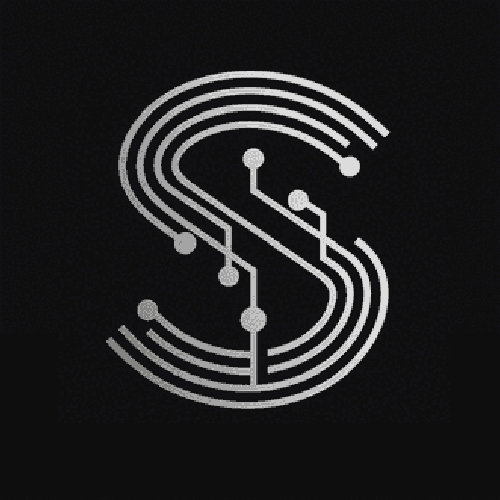Introdnoitcuuction

Mercury tilt switches have been around for a long time and were once widely used in various applications due to their unique properties. However, in recent years, their usage has been subject to significant changes. This article will explore whether mercury tilt switches are still commonly used today.
Past Popularity of Mercury Tilt Switches
- Unique Electrical Characteristics: Mercury tilt switches have excellent electrical conductivity. The liquid mercury inside the switch provides a smooth and reliable electrical connection when the switch is tilted to the appropriate position. This results in low contact resistance and minimal signal loss, making them suitable for applications where accurate electrical signaling is crucial.
- High Sensitivity and Fast Response: They are highly sensitive to tilt angles and can respond quickly to changes in orientation. This made them popular in applications such as automotive anti - theft systems, where rapid detection of vehicle tilting was necessary to trigger an alarm.
- Simple Design and Long Lifespan: With a relatively simple design, mercury tilt switches have a long operational lifespan. The liquid mercury is less prone to mechanical wear compared to other types of moving contacts in traditional switches.
Decline in Usage
- Environmental Concerns: Mercury is a highly toxic substance. When a mercury tilt switch breaks or is disposed of improperly, the mercury can be released into the environment, posing a significant threat to human health and the ecosystem. As environmental awareness has increased, there has been a global push to reduce the use of mercury - containing products. Many countries and regions have implemented strict regulations and bans on the production and use of mercury tilt switches.
- Safety Risks: In addition to environmental risks, mercury tilt switches also pose safety risks during handling and installation. Workers may be exposed to mercury vapor if the switch is damaged. This has led to a preference for alternative, safer switch technologies in many industries.
Current Usage Scenarios
- Niche Applications: Despite the decline, mercury tilt switches are still used in some niche applications where their unique properties cannot be easily replaced. For example, in some high - precision scientific instruments, the high sensitivity and reliable electrical performance of mercury tilt switches are still valued.
- Legacy Systems: In some legacy systems that were designed many years ago, mercury tilt switches may still be in use. Replacing these switches with alternative technologies can be costly and time - consuming, especially if the system is complex and integrated.
Alternatives to Mercury Tilt Switches
- Solid - State Tilt Sensors: Solid - state tilt sensors, such as those based on micro - electro - mechanical systems (MEMS) technology, have emerged as a popular alternative. They offer similar functionality to mercury tilt switches but without the environmental and safety risks. MEMS tilt sensors are small, lightweight, and can be easily integrated into modern electronic devices.
- Ball - Type Tilt Switches: Ball - type tilt switches use a ball inside a housing to make or break an electrical connection when tilted. They are relatively simple and inexpensive, and are suitable for many general - purpose tilt detection applications.
FAQ
- Q: Can I still purchase mercury tilt switches?
- A: In many regions, the sale and purchase of mercury tilt switches are restricted or banned due to environmental regulations. However, in some areas where regulations are less strict or for specific industrial or research purposes, it may still be possible to find them, but with proper documentation and compliance.
- Q: Are there any industries that still rely heavily on mercury tilt switches?
- A: Currently, no industry relies heavily on mercury tilt switches. Most industries have transitioned to alternative technologies. However, some specialized scientific research fields may still use them in limited quantities.
- Q: How should I dispose of old mercury tilt switches?
- A: Old mercury tilt switches should be disposed of according to local environmental regulations. In general, they should be taken to a specialized hazardous waste disposal facility to ensure that the mercury is properly contained and disposed of.





